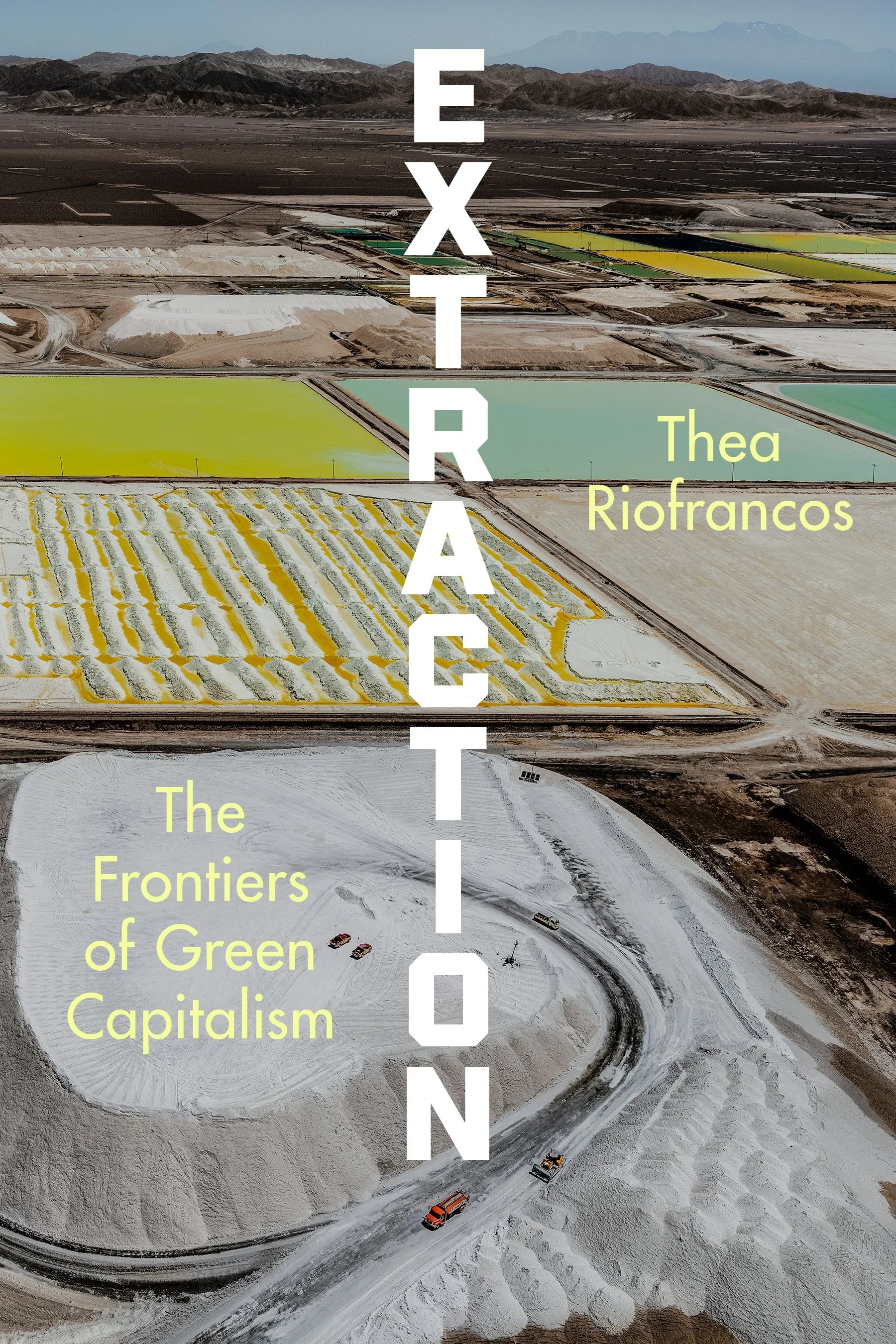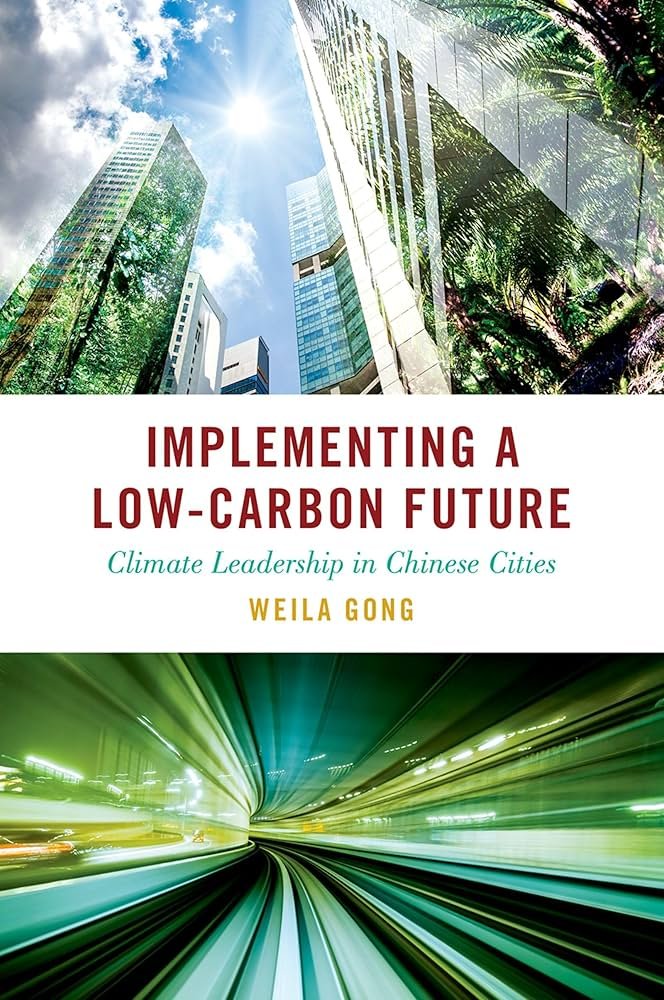The Second Cold War Observatory (SCWO) is a collective of scholars committed to developing historically and contextually situated understandings of how great power rivalry influences and shapes societies, economies, and ecologies worldwide.

About
The Second Cold War Observatory (SCWO) is a collective of scholars committed to advancing historically and contextually situated understandings of contemporary great power rivalry. We interpret contemporary US-China rivalry as the most recent episode in a long history whose unifying concept is China’s growing centrality to world affairs and its sustained challenge to the US-led international order. The expansion of China’s global engagements challenges Washington’s role in the post-war era as the architect and arbiter of international rules and norms. The resultant great power rivalry constitutes a second – rather than ‘new’ – cold war.
Our approach and objectives fundamentally diverge from “hawkish” invocations of Cold War and China competition. Alongside great power politics, we advocate for localized and grounded research to draw connections between the local and global, recognizing the perspectives and agency of third actors and their transnational connections. A strength of the approach in geopolitics is that it has breadth in terms of time (it's a longue duree approach and focused on long-term processes), it's multi-scalar, it’s multidirectional (i.e., bringing together top-down and bottom-up approaches) and it's geographically expansive.
We are committed to offering analyses that explain how geopolitical competition manifests worldwide and influences people and places. A core mission is to develop expertise across issue areas (trade, finance, technology, climate change), scales, and geographies. We have diverse viewpoints, disciplinary backgrounds, and regional expertise, which we employ to analyze China-US competition from a range of places, sectors (e.g. digital and infrastructure networks), and scales from local to global.
From our research associates
The Resurgence of Mexican Railways: A Militarized Infrastructure State amid the Second Cold War
Carlos Escalera
October 2025, PDF
SCWO Podcast
Judicial Territory Law, Capital, and the Expansion of American Empire
with Shaina Potts
A Green Cold War
by Ilias Alami
The Break-Down, July 2025
What did you do during the Trump Times?
by Jessica DiCarlo and Seth Schindler
Global Policy Journal, May 2025
The new frontline The US-China battle for control of global networks
by Ilias Alami, Jessica DiCarlo, Steve Rolf, and Seth Schindler.
State of Power 2025. The Transnational Institute.
Ilias Alami discusses it here: https://www.tiktok.com/@ideasintomovement/video/7480839539305565462
The Second Cold War w/ Seth Schindler: How the U.S.-China rivalry will reshape globalization
on The Monitor by The Carter Center
3 May 2025
EUROPE AND THE SECOND COLD WAR IN SUBMARINE CABLE NETWORKS
By Joscha ABELS
24 April 2025
LINK | PDF
CHINA’S PARTY-TO-PARTY DIPLOMACY IN AFRICA
By Hezron MAKUNDI
3 April 2025
LINK | PDF
THE SECOND COLD WAR AND DEMISE OF THE WESTERN FOREIGN AID REGIME
Dispatch byJack TAGGART
8 February 2025, LINK | PDF
READING GE’S WHAT IS CHINA? IN THE CONTEXT OF THE SECOND COLD WAR
Dispatch by Paolo BALMAS
18 October 2024, PDF
HUNGARY’S REINDUSTRIALIZATION: HEDGING GEOPOLITICAL CONFLICTS?
Part of a Dispatch Series on Industrial Policy in Geoeconomic Restructuring (4 of 4)
By Ágnes GAGYI, Tamás GERŐCS and Linda SZABÓ
6 May 2024, PDF
MINING LITHIUM IN EUROPE’S (SEMI)PERIPHERY AND THE MAKING OF AN EXTRACTIVIST FRONTIER
Part of a Dispatch Series on Industrial Policy in Geoeconomic Restructuring (3 of 4)
By Nina DJUKANOVIĆ
2 May 2024, PDF.
A REGULATIONIST PERSPECTIVE ON INDUSTRIAL POLICY IN THE US AND THE EU
Part of a Dispatch Series on Industrial Policy in Geoeconomic Restructuring (1 of 4)
By David KARAS, 11 April 2024. PDF.
INDUSTRIAL POLICY IN GEOECONOMIC RESTRUCTURING: A DISPATCH SERIES FROM EAST EUROPEAN AUTHORS
Part of a Dispatch series by Agnes GAGYI, Nina DJUKANOVIĆ, Evelina GAMBINO, Tamás GERÖCS , David KARAS, Lela REKHVIASHVILI, Linda SZABÓ, 11 April 2024. PDF.
Open-access article, Geopolitics: The Second Cold War: US-China Competition for Centrality in Infrastructure, Digital, Production, and Finance Networks, collectively authored by SCWO members on how the spatial logic of US-China competition reshapes key global networks.
RENMINBI INTERNATIONALIZATION: PULL AND PUSH FACTORS IN AN ERA OF GEOPOLITICAL RIVALRY
Dispatch by Paolo BALMAS
29 January 2025, PDF
FAILED INFRASTRUCTURE AND THE PROMISE OF DEVELOPMENT IN GEORGIA
Part of a Dispatch Series on Industrial Policy in Geoeconomic Restructuring (2 of 4)
By Lela REKHVIASHVILI and Evelina GAMBINO
25 April 2024. PDF.




















